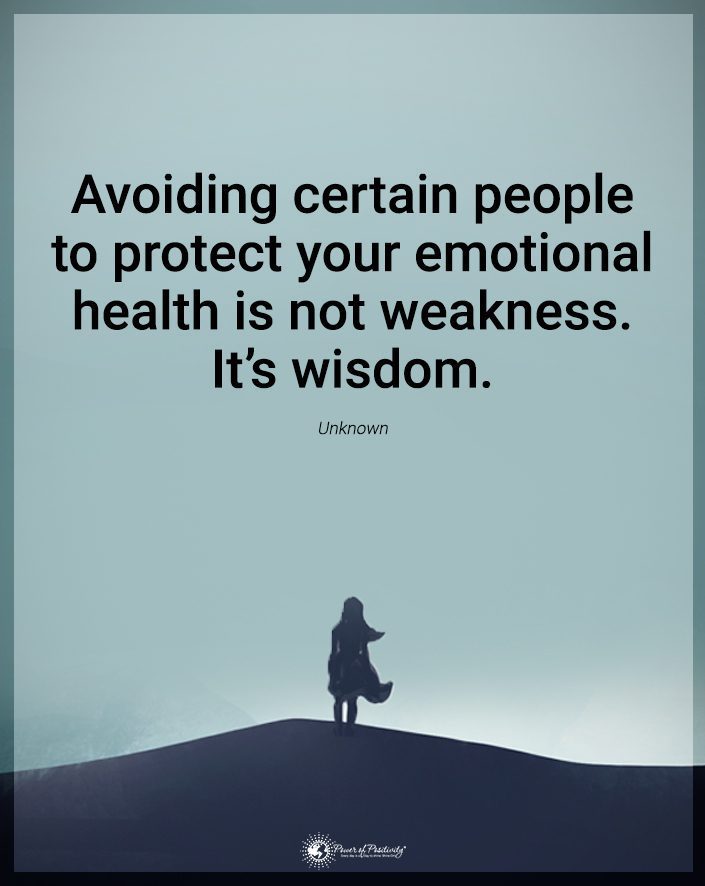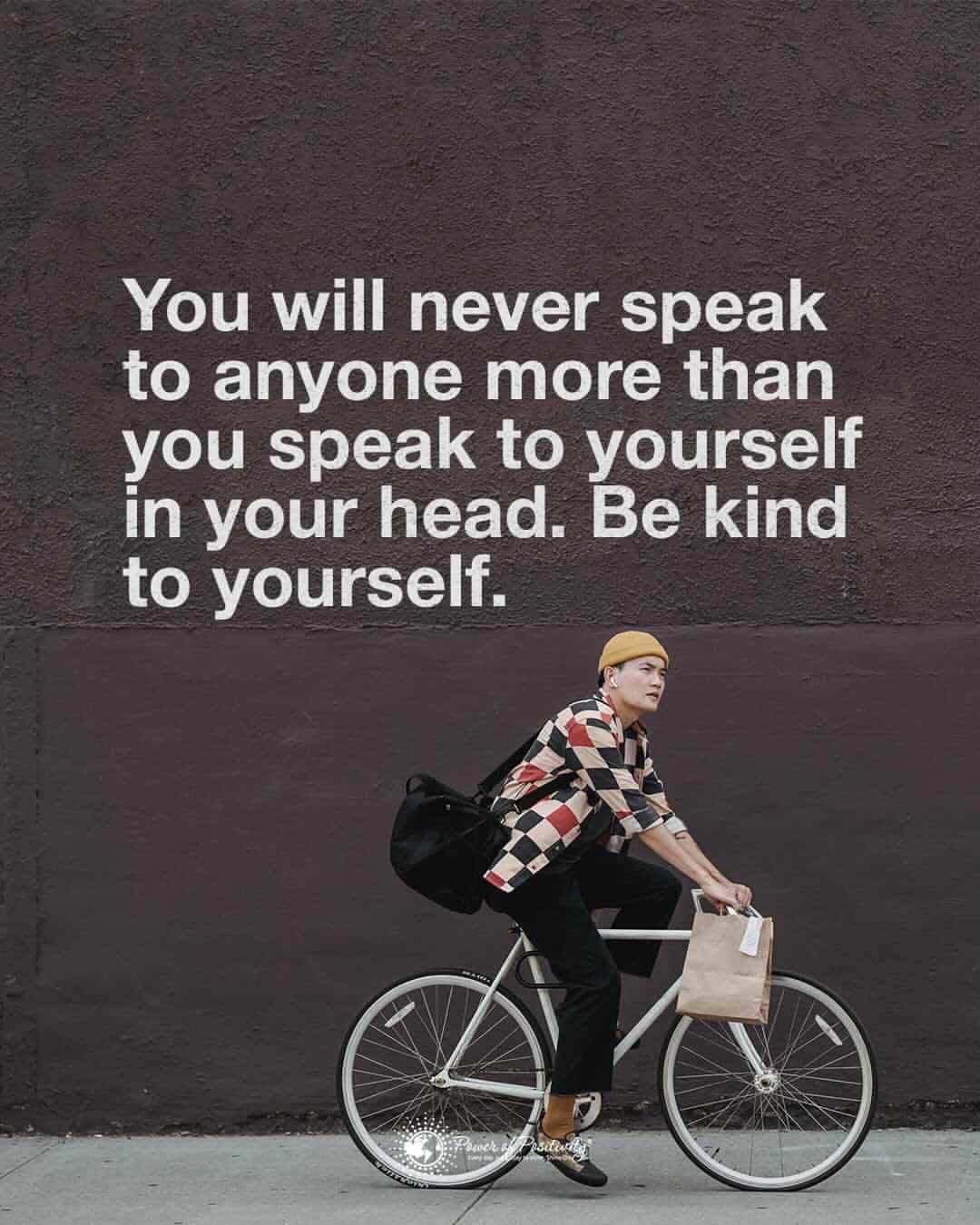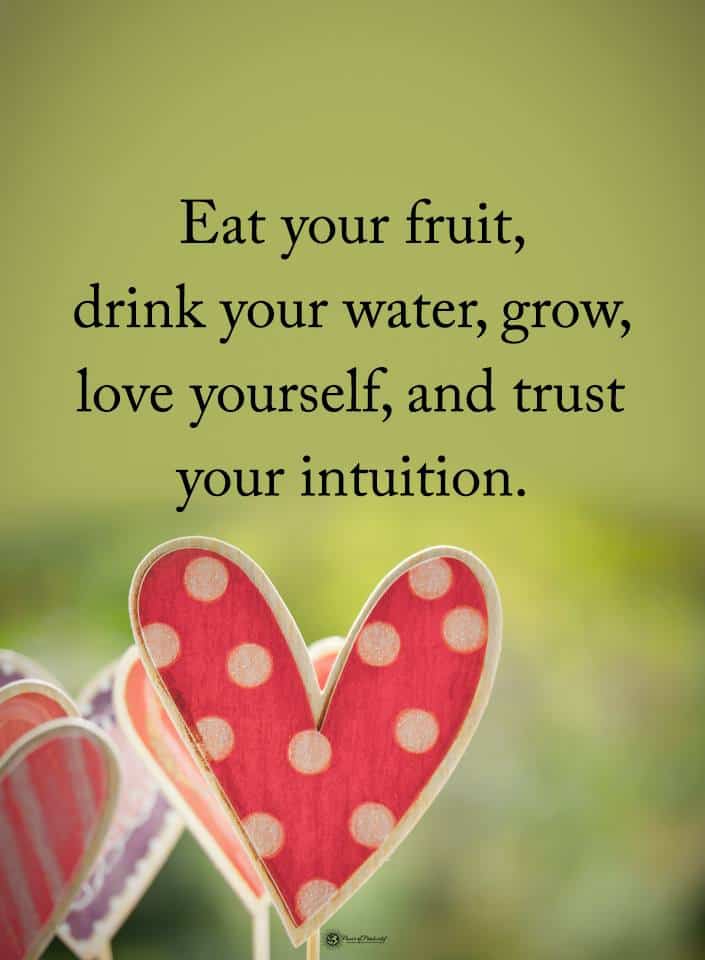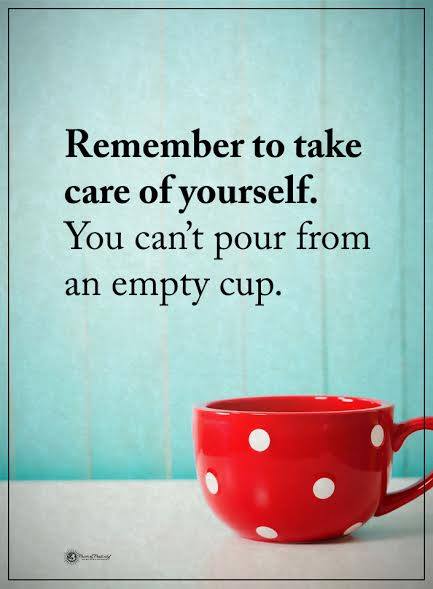When you met your partner, a definite spark made you want more. But there are at least three reasons why you should consider delaying intimacy for the good of your relationship.
Being aware of your physical attraction to another person and choosing not to act on it takes self-control. Self-control can be developed with training, just like a muscle in your body that you exercise. Let’s look at why delaying intimacy by practicing self-control is good for your relationship.
3 Reasons Why Delaying Intimacy Is Good For Your Relationship
When we are teenagers, we are encouraged to wait to have sex. We learn that it will benefit our own physical and emotional development. These are also good reasons to wait as an adult. We are still in the process of learning and becoming who we are. So rushing into things with a romantic partner can stop or delay our own growth due to the distraction that the other person makes.
It can be very difficult to make good decisions, like delaying intimacy for the good of your relationship, while your hormones tell you to go full steam ahead. Delaying your passion with your partner is like saying to yourself, ‘This person might be worth waiting for so I am making a deliberate choice to wait.’
1. That initial spark of attraction burns out fast
Is this true love? Very few people believe they can tell they have met their true love at first sight. It is indeed possible. But usually, the attraction you feel for someone will last only a month or so, and that quickly, it is gone.
Part of the quick burnout of that spark is that you are fresh and new to your partner in the first part of your relationship. As you become accustomed to each other, what was once special and new about you is now less so. The less mystery there is about you, your partner may show interest in you.
When you are delaying intimacy, you are building trust with each other, which is very important to a relationship. During this time, you can spend time bonding with conversation and learning about what is important to your partner.
Are you two compatible with your core values? Do you feel strongly about something that your partner feels differently about? It’s better to know now than when it is time to get out of a complicated relationship.
2. Research shows delaying intimacy is better for making a relationship last
Doing what scientists say doesn’t sound romantic. But delaying intimacy is necessary if you hope for a successful relationship with your current mate. Think of it this way. If you choose to stay together, you can have sex as long as you are in a happy relationship, but delaying intimacy now means you will have a long happy relationship.
Researchers in the Journal of Family Psychology asked the question ‘Is it better to test sexual compatibility as early as possible or show sexual restraint so that other areas of the relationship can develop?’ What they found reveals a reason why delaying intimacy is good for your relationship. The research showed that delaying intimacy ‘was associated with better relationship outcomes, even when controlling for education, the number of sexual partners, religiosity, and relationship length.’
A second study in the Journal of Marriage and Family found that having sex early was associated with poor relationship happiness in marriage, especially for women. The researchers say that when couples have sex early on in their relationship, they also decide to move in together too quickly. As a result, they put an extra strain on the relationship.
3. Waiting is rare and, therefore, more valuable
We have many things, like air and water, that are relatively easy to get and cost little. As a result, we value them little. What is cheap or free is not valued. On the other hand, what is rare, like pearls, is treated carefully, highly prized, and highly valued. Think of the first time with your partner as a valuable gift that you can give only once.
Although you want your first intimate moment together to be special, you also don’t need to put pressure on yourself to make it memorable. The longer you can delay intimacy, the more you get to feel comfortable. Furthermore, when you are closer to your partner, you will feel less stress about intimacy.
Your initial spark of romance includes a rapid pulse, higher blood pressure, breathing faster, and sweating. You know–all of the usual signs of anxiety or stress. Allowing yourselves some time to become more relaxed around each other will help make the eventual intimacy more relaxed and pleasurable, which is good for your relationship.














